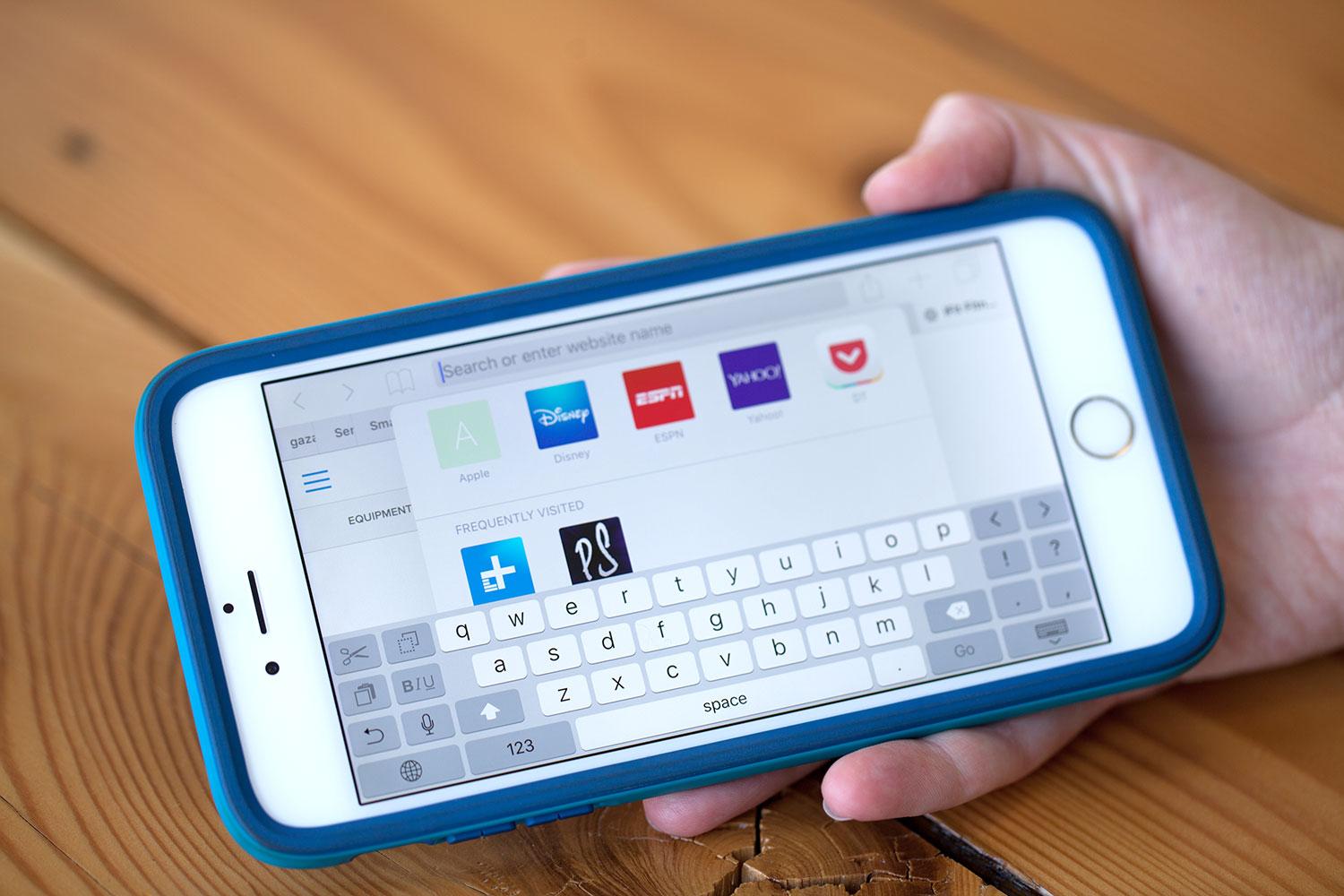
The next version of Apple’s Safari web browser will not come with “Do Not Track” capabilities. Apple has opted to remove support for the feature, citing a decline in the number of websites that actually accept it and its new anti-tracking technology in its decision, according to a report from 9to5Mac.
The news comes several months after a study from Forrester research found that the “Do Not Track” features embedded in browsers are being ignored. Apple instead will be focusing its attention on Intelligent Tracking Prevention. That is a new technology that prevents cross-site tracking and also stops websites from creating cookies and storing user data in the long term without permission.
To prepare, support for “Do Not Track” has already been pulled from beta versions of iOS 12.2 and MacOS 10.1.4. The official release notes for Safari 12.1 also provide reasoning for the decision. “Removed support for the expired Do Not Track standard to prevent potential use as a fingerprinting variable,” explains Apple.
Despite the fact that Forrester finds a quarter of American adults use “Do Not Track” tools, many popular websites do not actually honor the requests and will still track you regardless. There’s no penalty if a website ignores a “Do Not Track” claim, and tracking options are independently handled with little outside control. Only a select group of websites, including Reddit, Pinterest, and Medium respect “Do Not Track” settings. Both Yahoo and Twitter have previously backed off their initial claims of respecting “Do Not Track” results.
A separate report from DuckDuckGo also finds that in a survey of 503 U.S. adults conducted in November of 2018, 25 percent have the “Do Not Track” setting enabled. In further data, only 41 percent of respondents knew that the “Do Not Track” is voluntary.
If you’re looking to truly opt out of websites tracking you, there is an online tool that can help. Unfortunately, such tools will only stop data collection based on what is already known about you. A better practice to avoid being tracked would be to regularly clear your cookies to purge your information, but that is not always convenient. We have a guide on how you can stay anonymous on the internet which can perhaps help out.
Editors' Recommendations
- Your next Mac monitor could have this genius new feature
- New reports confirm the next MacBook Pro to drop the controversial Touch Bar
- Safari’s new update can tell which websites have tracked you in the past


